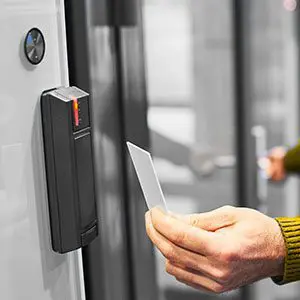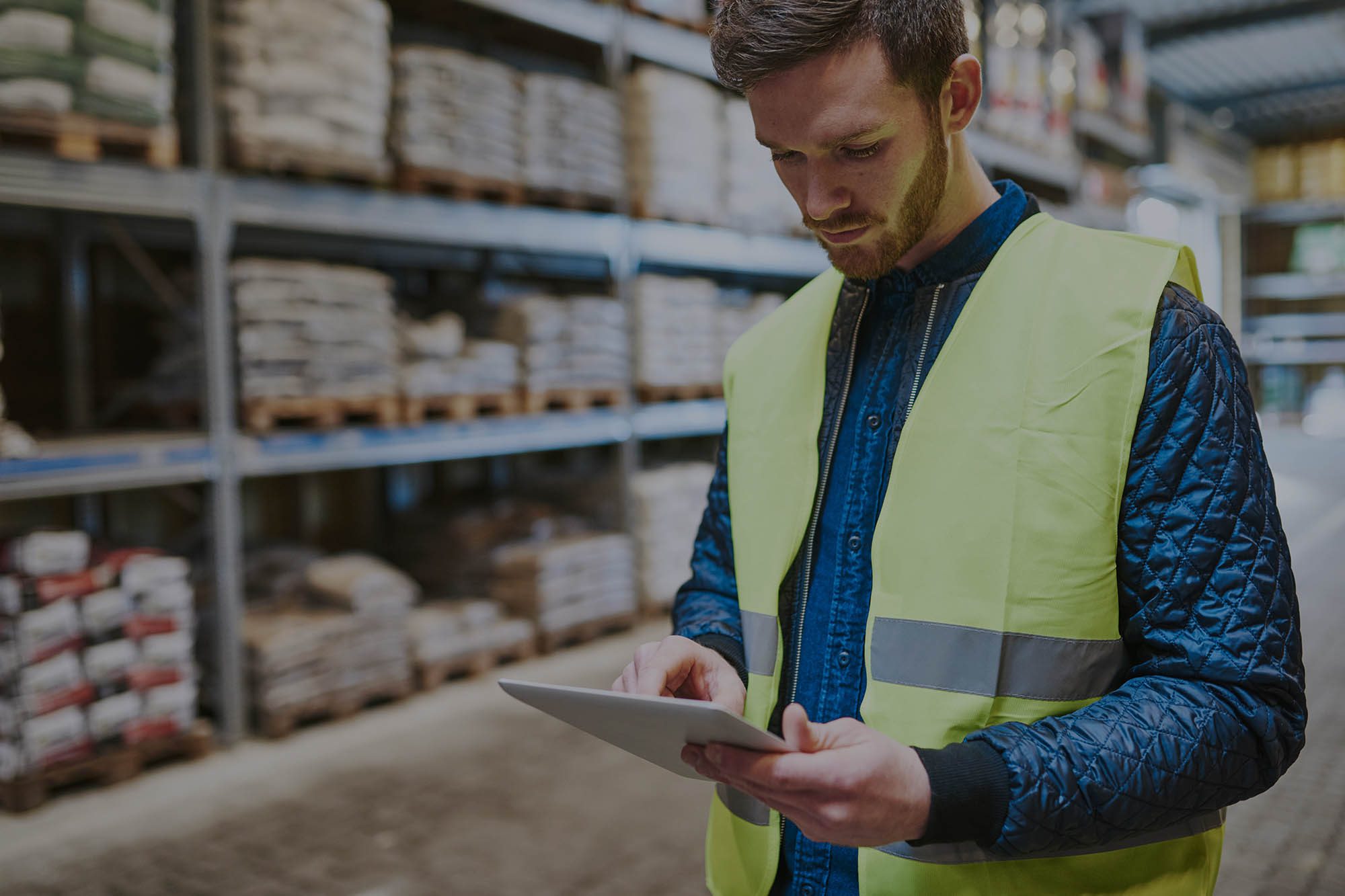What does RFID mean?
RFID acronym stems from Radio Frequency Identification. The term RFID is actually a general concept describing automatic, radio-based identification. All RFID systems utilize radio waves to collect data from RFID tags, which are sometimes called transponders or smart labels. The key elements of any RFID system are the RFID tags, readers and software controlling the reader.
Why RFID?
RFID by nature offers certain benefits over other visual identification methods such as
- Less user interaction > less manual errors caused by the user
- Ability to identify thousands of items in seconds > major time savings
- No need for line-of-sight > suitable for conditions where line-of-sight is not obtainable
- Longer distances > more automation
- RFID tags are more rugged than labels with barcodes or 2D codes on them
What are the different RFID types?
RFID is commonly divided into subcategories based on the frequency level. For the ordinary RFID user, it is usually easier relate to the technology by looking at how it is applied in different usage environments or applications. Additionally the terms Passive (RFID tags without battery) and Active (RFID tags with battery) are sometimes used, however these days most Active systems have been replaced by different real-time locating solutions.
RFID is already omnipresent in our lives
As stated, the usage environment determines the frequency. Here are some examples just how and where you would see RFID already today.

Low Frequency RFID (LF)
Low Frequency RFID is used to tag and track livestock and pets.

High Frequency RFID (HF)
High Frequency RFID is used in entrance control and controlling production lines

Ultra High Frequency (UHF)
UHF RFID ensures automatic capture of masses of data and hence automates inventory management in retail and warehouses

Near-Field Communication (NFC)
Near-Field Communication (NFC) is commonly used in payment and other high-security applications
Check out these UHF RFID Solutions for Logistics & Industry
Inventory and location tracking in warehouses
RFID & RTLS cut search time, automate picking, and speed up shipment processing by up to 87%—thanks to their ability to operate at speeds up to 100 times faster than barcodes.
Unmanned Self-Service Stores
RFID enables fully or partially unmanned self-service stores by automating product identification, improving inventory accuracy, and enabling seamless checkout experiences.
Sample Tracking in Laboratories & Healthcare
Sample tracking with the help of RFID ensures no sample gets lost, tracks chain-of-custody and records all actions thoroughly.
